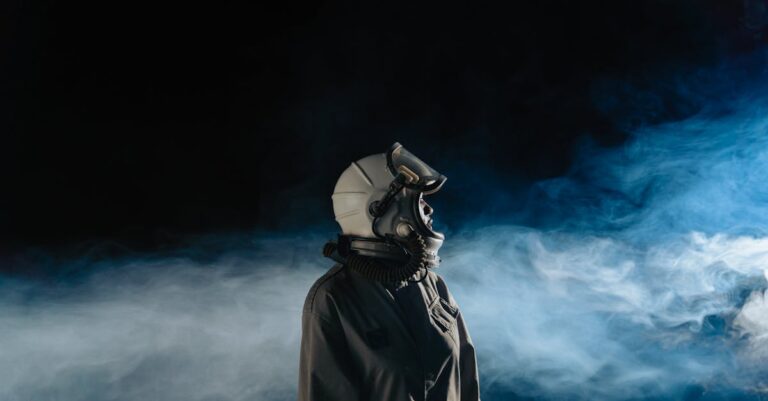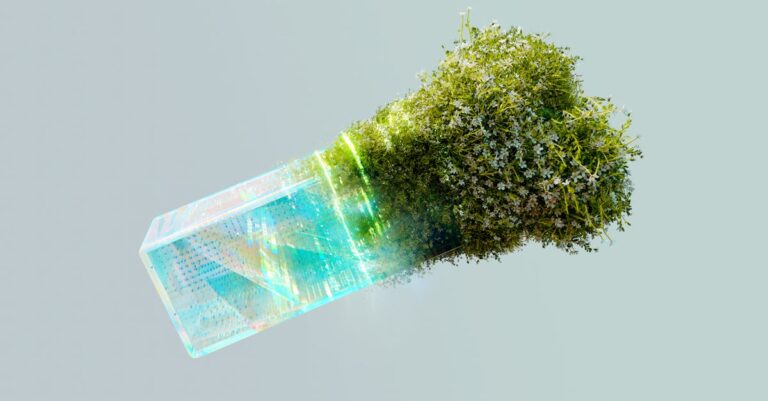
## Bloom
Rain hammered the glass of Elias’s control room, a relentless percussion against the quiet hum of the vertical farm. Outside, Seattle sprawled—a gray canvas punctuated by the skeletal reach of skyscrapers. Inside, a vibrant green explosion thrived. Rows upon rows of leafy greens, plump tomatoes, and burgeoning berries climbed towards the LED grow lights. It smelled like damp earth, sweet nectar, and a promise of abundance.
Elias wiped condensation from his monitor, the image displaying a heatmap overlayed on a row of kale plants. “Nutrient levels spiking in Sector 7,” he muttered, his voice raspy from lack of sleep. “Drone 4 needs to adjust the calcium feed.”
A ping sounded, and a holographic projection shimmered into existence—a compact drone buzzing with activity. “Acknowledged, Elias,” a synthesized voice responded. It was Unit 4, and it possessed an unsettlingly casual tone for a piece of machinery performing complex agricultural calculations.
“And run diagnostics on the sensor array while you’re at it,” Elias added, already anticipating a cascade of data. Bloom Farms wasn’t just about growing food; it was about optimizing every variable, predicting outcomes, a constant push toward increased yield.
He glanced at the chronometer—3:17 AM. Another sleepless night, fueled by caffeine and an obsessive desire to perfect the system. Bloom Farms was his creation, a testament to human ingenuity—and for some nights, a crushing weight.
The door hissed open and Maya strode in, her hair pulled back in a severe bun, her eyes holding the familiar weariness. She was Bloom’s Head of Permaculture, a stubborn advocate for biodynamic principles within the hyper-efficient farm. Their philosophical clashes were legendary.
“Drone 4 reported a slight discrepancy in soil microbiome,” she announced, her voice clipped. “Sector 12 needs an introduction of *Bacillus subtilis*.”
Elias frowned, cross-referencing the data on his screen. “The AI flagged it as a temporary fluctuation.”
“AI isn’t a botanist, Elias,” Maya retorted. “It can’t smell the tension in the soil.” She gestured to a monitor displaying an intricate chart tracking root development. “Look at this stunted growth. It needs intervention.”
“The projections indicate a return to optimal performance within twelve hours,” Elias countered, his fingers dancing across the keyboard. “Introducing *Bacillus subtilis* could disrupt the delicate balance.”
Maya’s eyes narrowed. “Delicate balance? We’t talking about kale, Elias, not a rainforest ecosystem.”
He bristled. “It’s all connected, Maya. Every variable influences another.” A sudden influx of notifications flooded his screen—a blockchain alert, an EV charging request from a nearby community hub. Bloom wasn’t just a farm; it was a nexus, interwoven with the city’s infrastructure.
“Good morning to you too,” Maya said dryly, ignoring the barrage of alerts. She picked up a small tray containing several miniature bonsai trees—perfect replicas, their leaves meticulously shaped by micro-robotic arms. “Pre-orders for the ‘Azure Whisper’ are shipping out today. The client specifically requested a specimen with asymmetrical branching.”
Elias stared at the bonsai, mesmerized. Each tree was a marvel of continuous micropropagation—a self-growing ecosystem packaged and delivered to the customer’s doorstep. It was a ludicrous concept, a symbol of their relentless pursuit of convenience and control.
“That’s one way to spend a fortune,” he mumbled, returning his attention to the data streams.
The farm’s cloud management platform chimed, indicating an incoming message from Kai, their head of employee wellness.
“Elias, initial trials for the gamified physical rehabilitation program show promising results,” Kai’s message read. “Employee engagement is up 32%.”
Elias suppressed a sigh. Gamification of everything. Even recovery from workplace injuries was now a competition.
Suddenly, the lights flickered, plunging Sector 7 into momentary darkness. Unit 4’s holographic projection vanished mid-sentence.
“What happened?” Maya questioned, her voice laced with concern despite herself.
Elias quickly restored power, his fingers moving swiftly across the console. “Power surge. The city grid is experiencing instability.”
A new message popped up from the blockchain ledger – a notification regarding an unusual spike in energy consumption at their decentralized educational micro-experience center.
“And it’s messing with our EV charging network,” he added, his voice tight. “Requests are piling up.”
The farm’s adaptive rebalancing AI began to recalibrate, adjusting nutrient levels and light intensity in response to the power fluctuation. The constant hum of machinery seemed louder, more frantic.
Maya pointed to a monitor displaying real-time news feeds – hyperlocalized reports of blackouts across the city, escalating protests regarding resource allocation.
“Looks like our carefully curated world is starting to unravel,” she observed, her gaze sweeping across the vibrant rows of crops.
Elias felt a cold knot tighten in his stomach. Bloom Farms, with its interconnected systems and relentless optimization, was not immune to the chaos brewing outside. It was a fragile bubble, built on algorithms and ambition.
A chime sounded – a notification from the smart home lighting system, linked to Bloom’s artisan-manufactured jewelry workshop. An order for a custom pendant—a miniature replica of one of their bonsai trees—was placed, highlighting the absurd intersection between nature and technology.
He glanced at Maya, who was gazing at a young employee struggling to navigate the gamified rehabilitation program. The employee stumbled, dropping his virtual weights with a frustrated groan.
“It’s not working for him,” she said softly, her voice lacking its usual sharpness.
Elias watched the scene unfold – a stark reminder that even within Bloom’s meticulously crafted ecosystem, human needs were more complicated than data points and algorithms.
“What are we even doing here, Elias?” Maya asked quietly, her gaze fixed on the struggling employee.
He didn’t have an answer, not a satisfactory one. Bloom Farms was supposed to be the future—a testament to human ingenuity, a solution to food scarcity and climate change. But as he looked around the brightly lit farm, surrounded by technology and meticulously cultivated crops, it felt more like an elaborate cage.
Unit 4’s holographic projection shimmered back into existence, its synthesized voice unusually hesitant. “Elias… drone diagnostics complete. Significant deviation detected in soil microbiome across all sectors.”
He looked at Maya, who offered a small, almost imperceptible nod.
Elias took a deep breath, the scent of damp earth and sweet nectar filling his lungs. He accessed the data stream, running a series of complex calculations. The AI was flagging a cascade of anomalies—nutrient imbalances, root rot, declining photosynthetic efficiency.
“Initiate emergency protocol,” he commanded, his voice firm despite the tremor in his hand. “Cycle all sectors through rapid soil remediation.”
The farm responded, adjusting its systems with a whir of gears and the hum of electricity. Bloom was adapting, recalibrating, fighting back against the encroaching chaos.
But as he watched the farm respond, Elias realized something profound. Bloom wasn’t just a technological marvel; it was an organism—a complex, interconnected ecosystem in its own right. And like any living thing, it was vulnerable.
He looked at Maya, who was studying the struggling employee with a newfound understanding. He saw a flicker of something in her eyes—not defiance, but empathy.
“Maybe,” she said softly, “we need to let things grow a little wilder.”
Elias didn’t respond. He simply watched the rain hammering against the glass, listening to the steady pulse of Bloom Farms—a defiant beacon in a world teetering on the brink. He knew their work was far from over, that challenges would continue to arise. But for the first time in a long time, he felt a glimmer of hope—not in the form of algorithms and optimization, but in the messy, unpredictable beauty of nature itself. He knew they would have to change things, and it was going to be a massive undertaking.


